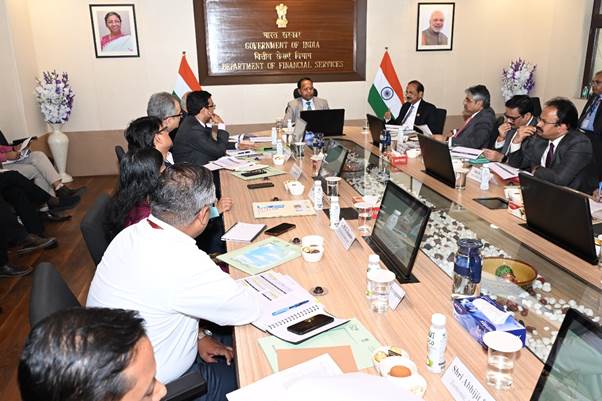In a highly charged discussion in the Lok Sabha, Union Home Minister and Minister of Cooperation, Shri Amit Shah, addressed concerns regarding the Waqf (Amendment) Bill, 2025, and the Mussalman Wakf (Repeal) Bill, 2024. He refuted claims by the opposition that these bills were an attempt to interfere in the religious affairs of the Muslim community and the properties donated for religious purposes.
 Shri Shah clarified that the proposed amendments were meant to ensure transparency and prevent the misuse of Waqf properties. He stressed that the core religious aspects of Waqf would remain intact, with Muslims continuing to have exclusive control over the management of these properties. However, he asserted that oversight was necessary to prevent exploitation and illegal sales of Waqf properties, which had been rampant in recent years.
Shri Shah clarified that the proposed amendments were meant to ensure transparency and prevent the misuse of Waqf properties. He stressed that the core religious aspects of Waqf would remain intact, with Muslims continuing to have exclusive control over the management of these properties. However, he asserted that oversight was necessary to prevent exploitation and illegal sales of Waqf properties, which had been rampant in recent years.
Responding to concerns about non-Muslim members in Waqf Board matters, Shri Shah assured that their roles would be strictly administrative, ensuring compliance with charity laws rather than interfering in religious activities. He emphasized that Waqf properties, though religious in origin, function as charitable endowments and should be managed transparently to benefit the community.
The Minister criticized the opposition, accusing them of creating unnecessary fear among the minority community for political gains. He pointed out that similar concerns had been raised during the implementation of laws such as the Citizenship Amendment Act (CAA), the Ram Janmabhoomi verdict, and the abolition of Triple Talaq, yet none of the doomsday scenarios painted by critics had materialized. He challenged the opposition to provide evidence if any citizen had lost their rights due to these legal changes.
Highlighting the necessity of the bill, Shri Shah traced its roots to the 2013 amendments to Waqf law, which he argued were passed hastily and without due consideration. He pointed out that those amendments had led to large-scale transfers of prime properties, including 123 VVIP properties in Lutyens’ Delhi, to Waqf. He cited numerous instances across India where Waqf land had been misused, illegally occupied, or leased under questionable terms. He asserted that the new bill would rectify such anomalies, protect government and private properties from wrongful Waqf claims, and establish a more robust regulatory mechanism.
The Minister also provided data to illustrate the problem, stating that from 1913 to 2013, the Waqf Board had control over 18 lakh acres of land. However, between 2013 and 2025, an additional 21 lakh acres were added, bringing the total to 39 lakh acres. He raised concerns that while Waqf owns land worth lakhs of crores, its annual reported income is merely Rs. 126 crore, highlighting serious mismanagement.
He assured that the bill would prevent arbitrary declarations of land as Waqf property. Moving forward, such declarations would require certification by the District Collector, ensuring transparency and due diligence. He also reiterated that no land belonging to the Archaeological Survey of India (ASI), tribal lands, or private properties would be arbitrarily converted into Waqf holdings under the new legal framework.
Addressing the broader concerns about government intentions, Shri Shah firmly stated that the Narendra Modi government does not make laws for vote-bank politics but for justice and public welfare. He emphasized that all communities have the right to practice their religion freely, but religious conversions must not be driven by coercion or material inducements.
He concluded his speech by reaffirming the government’s commitment to protecting the rights of all citizens, irrespective of their religion, and ensuring that Waqf properties serve their intended purpose of benefiting the underprivileged sections of the Muslim community. He called on the opposition to stop fear-mongering and work towards constructive dialogue in the interest of national unity and social harmony.




